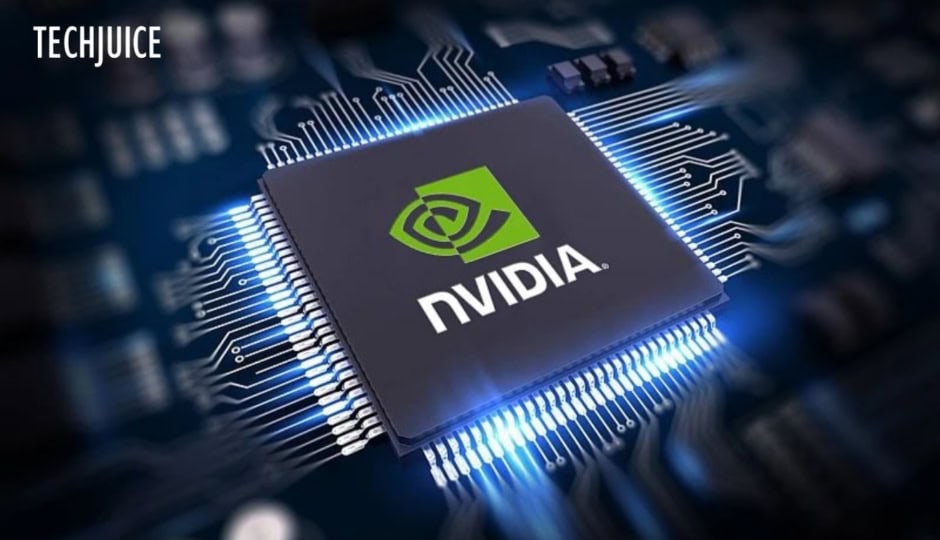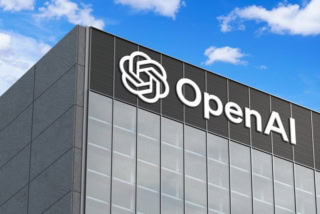NVIDIA is taking a significant step toward reshaping the future of AI infrastructure by bringing the production of its AI chips and supercomputers to the United States. The company has partnered with leading manufacturing firms to secure more than a million square feet of production space across Arizona and Texas to build and test its Blackwell chips and AI supercomputers.
The production of NVIDIA’s Blackwell chips has already commenced at TSMC’s chip plants in Phoenix, Arizona. Additionally, NVIDIA has partnered with Foxconn in Houston and Wistron in Dallas to build new facilities which will produce AI supercomputers. The manufacturing facilities in Texas intend to commence bulk production within the next 12 to 15 months.
By the end of four years, the organisation intends to produce AI infrastructure in the United States that is valued at up to half a trillion dollars. AI chips and supercomputer production are essential components of NVIDIA’s strategic strategy to ensure the supply chain networks and operational stability and to meet the global demand for AI chips.
“Adding American manufacturing helps us better meet the incredible and growing demand for AI chips and supercomputers, strengthens our supply chain, and boosts our resiliency,” said Jensen Huang, founder and CEO of NVIDIA. “The engines of the world’s AI infrastructure are being built in the United States for the first time.”
NVIDIA is not only focusing on the production of chips but also on the packaging and testing processes. The company has partnered with Amkor and SPIL for these operations in Arizona, further solidifying its U.S.-based manufacturing ecosystem.
As a new data centre implementation, dedicated AI factories will be established by AI supercomputers that are operational in U.S. facilities. NVIDIA anticipates the establishment of numerous “gigawatt AI factories” in the coming years, which will contribute to the growth of the AI industry sector. NVIDIA’s expansion of domestic production will generate trillions of dollars in economic impact and create hundreds of thousands of jobs.
Despite the current optimism, there are significant obstacles that lie ahead. A shortage of labourers capable of assembling these chips, combined with Chinese trade restrictions, poses a threat to the supply of essential materials required for chip production. The political climate surrounding semiconductor production, which encompasses the Chips Act, has the potential to influence the future of domestic manufacturing capabilities in the United States.
As NVIDIA continues to ramp up its operations, the company’s move to produce AI chips and supercomputers within the U.S. is a critical development in the global race to meet the increasing demand for AI technology. With this new manufacturing push, NVIDIA aims to solidify its position at the heart of the AI revolution while contributing to the economic growth of the United States.

 3 min read
3 min read


















